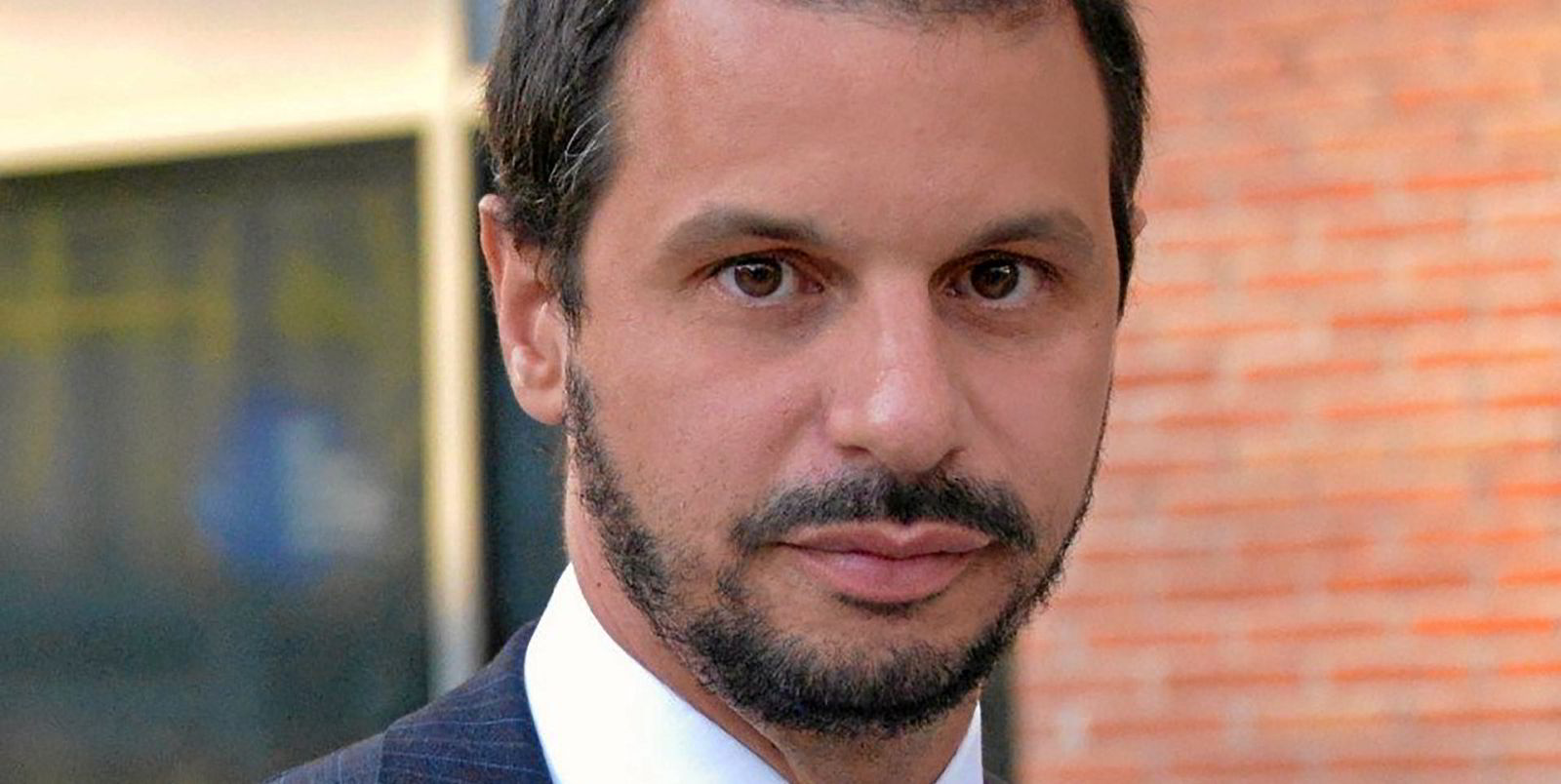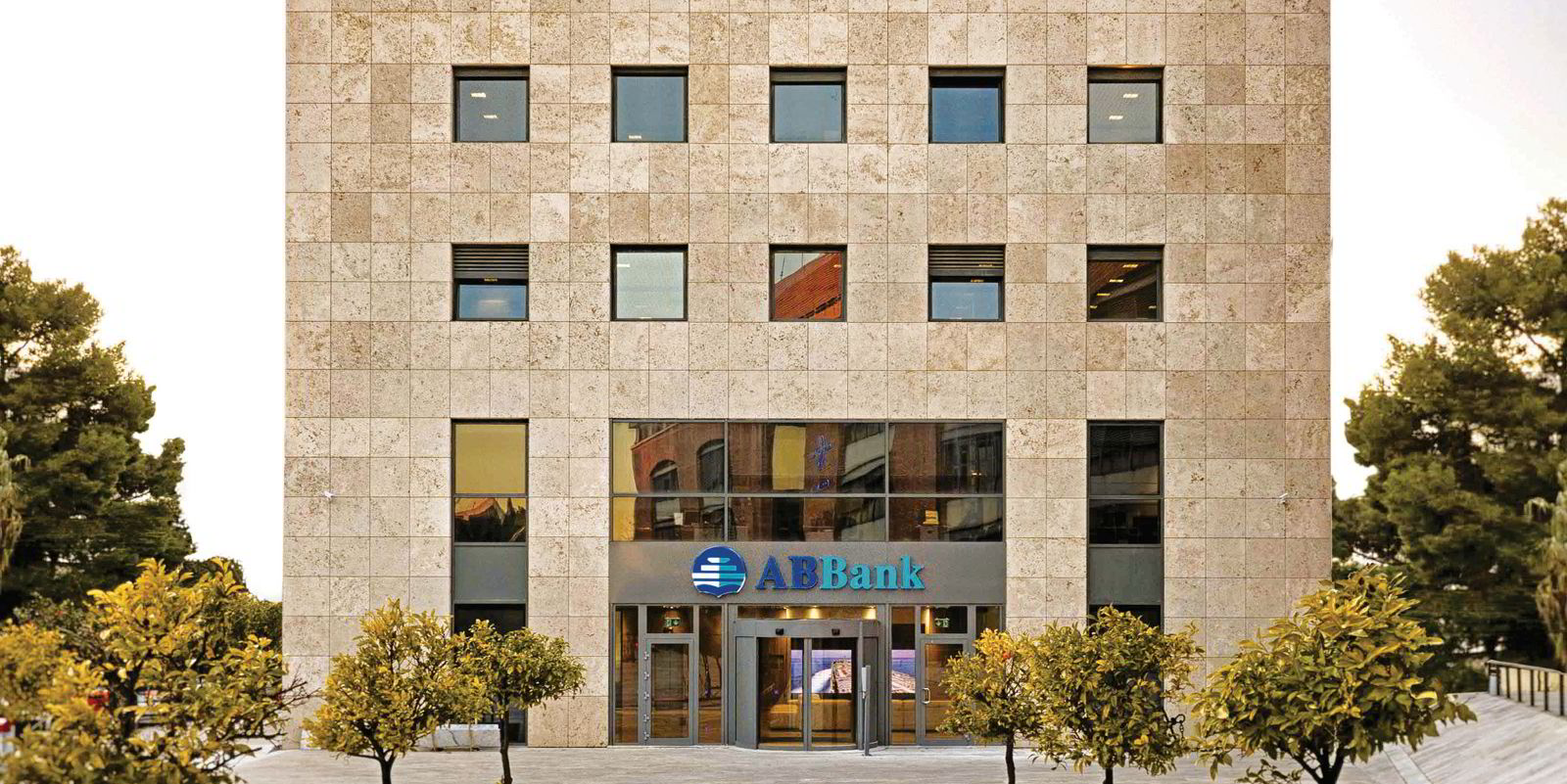After a year in which shipping banks saw loan portfolios hurt by a wave of prepayments, one niche Greek lender is ready to embark on fresh deals after keeping its credit volumes broadly stable.
Aegean Baltic Bank, known as ABBank and backed by the Tsakos and Coustas families, closed 2023 with about €506m ($550m) worth of gross loans — just shy of the €519m it had at the end of 2022, according to interim unaudited figures.
Led by its founder and veteran shipping financier Theodore Afthonidis, ABBank had posted solid credit growth over the past years amid a revival in Greek ship financing.
Greek ship finance landscape
That growth, however, came to a halt in 2023, as shipping banks in Greece and abroad saw cash-rich clients paying a large part of their loans early.
Shipowners usually cited higher interest rates as the reason for doing so.
That, however, is only part of the story, senior ABBank managers told TradeWinds in an interview.
“Owners found themselves sitting on piles of money they didn’t know what to do with at a time [when] interest rates rose to levels most of them had forgotten,” said head of shipping Philippos Tsamanis.
Therefore, the big challenge last year was to keep portfolio volumes stable at pretty much the same pricing as before.
“That’s exactly what we achieved,” Tsamanis said.
That is no small feat, given how competitive the Greek ship financing market has become.
“Margins have disappeared,” said Tsamanis, who has been with the bank since it was founded in 2002.
“Greek banks have become so competitive that some foreign lenders are hardly interested to follow,” he added.
TradeWinds has reported how Greek lenders such as National Bank, Alpha Bank, Piraeus Bank, Eurobank and ABBank bounced back following the country’s debt crisis to claim an ever-growing share of the homegrown demand for shipping loans — primarily funding secondhand deals.
Picking up business left behind by European rivals, Hellenic lenders now account for about one-quarter of all bank credit extended to Greek shipowners.
Position in the market
ABBank has been at the forefront of that trend.
Unencumbered by toxic non-shipping legacy loans that still burden its local rivals, ABBank became in 2017 the first Greek lender to leave emergency liquidity assistance — an expensive funding scheme provided to Greek banks by the European Central Bank during the debt crisis.
The bank moved further from crisis mode last year when it became the first Greek lender to pay a dividend.
It is expected to do so again in 2024 as net income in 2023 rose to an unaudited €27.2m, from €17.4m in 2022.
The boost in profit was mainly attributed to a surge in interest income resulting from rising rates. Fee income from ancillary services provided to clients, however, also helped, said Anastasios Afthonidis — the bank’s head of strategy.
With non-performing loans below 1% of the total loan book and a capital adequacy ratio at 24% — about twice that of the average Greek bank — ABBank is ready to engage in new types of deals.
“We will be looking at newbuildings,” Afthonidis said. “We have a lot of spare capital now and the appetite to go after bigger deals,” he added.
One way to do this could potentially be as arrangers and agents in club deals, teaming up with non-Greek lenders.
“We see some interest for that and are in talks but there’s nothing firm yet,” Afthonidis said.
ABBank has already considerable experience in that arena. Before the market collapsed in the global financial crisis, it had arranged $7bn in shipping loans, about $2bn of which it had provided itself.
Third-party interest and investor relations
ABBank’s development has not gone unnoticed by third-party investors.
Billionaire Aristotelis Mistakidis, a former Glencore commodity manager, last year confirmed he was in talks to buy a considerable stake in the bank, as TradeWinds reported.
These talks, however, ultimately led nowhere.
Afthonidis explains that the Mistakidis offer came following a mandate that ABBank had granted to local investment bankers to look for a strategic investor.
That mandate expired fruitless in July and no similar exercise has started since.
Asked about whether there is still investor interest in ABBank out there, Afthonidis said: “There have been knocks at the door but nothing mature or serious enough to be worth going into right now.”





